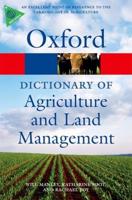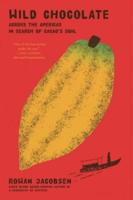Publisher's Synopsis
Rural development policies improve farming by improving on-farm activities and supporting ancillary services to secure sustainability.
Rural development is the continuous and comprehensive socio-economic process of improving rural life. It traditionally focuses on exploiting land-intensive natural resources such as forests and agriculture.
Farming is the fabric of rural society and the main economic activity in many countries. It could severely affect social and political stability in economically developing countries.
Healthy, sustainable, and inclusive food systems are critical to achieving the world's development goals. Agricultural development is one of the most powerful tools for ending extreme poverty, boosting shared prosperity, and feeding.
Farming's main potential contributions to rural development are supporting employment, ancillary businesses, and environmental services. Farming may be necessary in peripheral regions to support the economic and social infrastructure.
Rural development policies improve farming by improving on-farm activities and supporting ancillary services to secure sustainability.
Agriculture can help reduce poverty, raise incomes, and improve food security for most of the world's poor who live in rural areas and work mainly in farming. Enhancing agricultural productivity is essential for poverty reduction.
Agriculture also plays an integral part in rural development, primarily due to land use,









